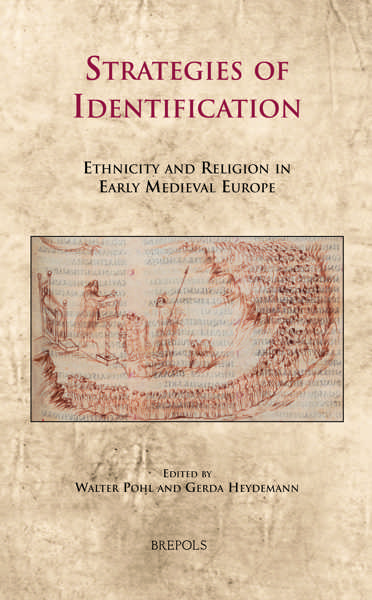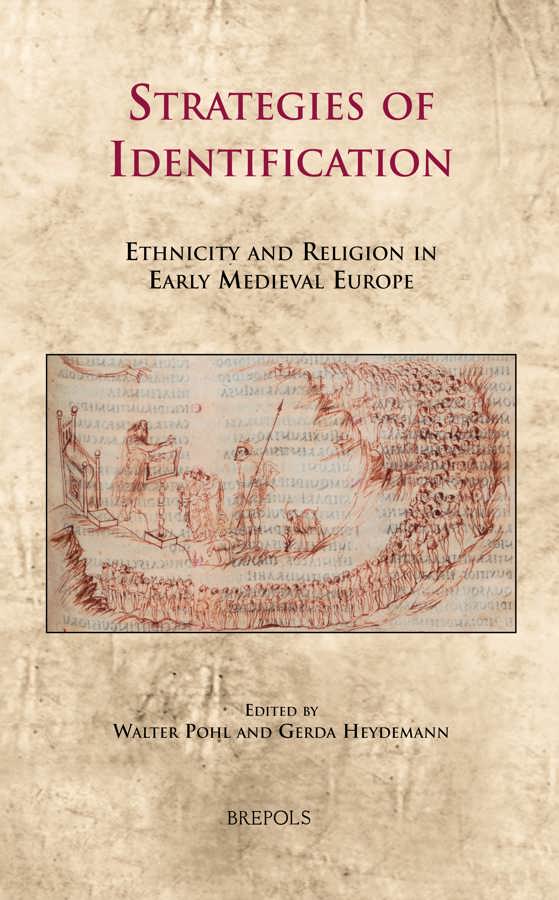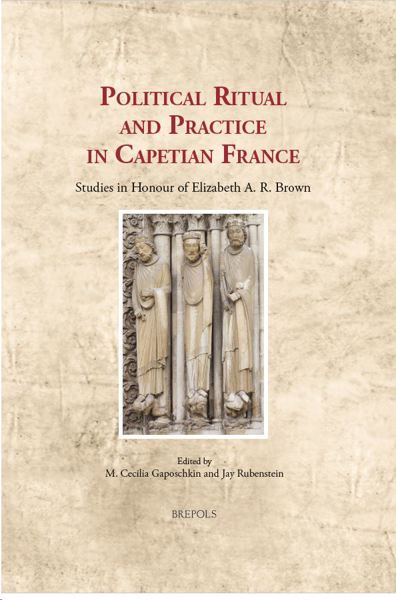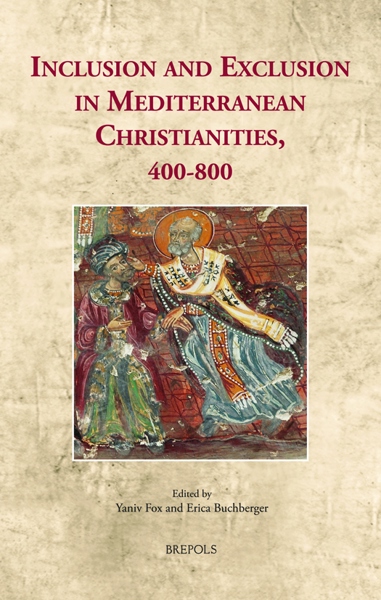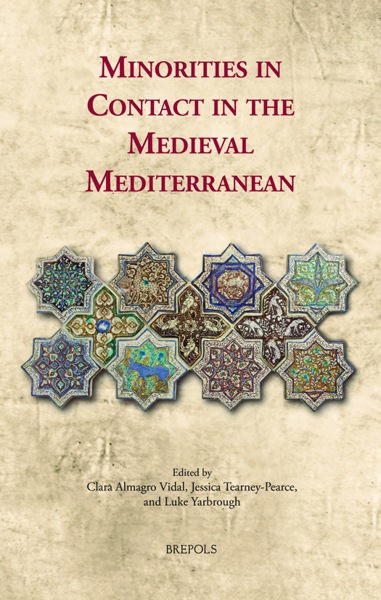
Strategies of Identification
Ethnicity and Religion in Early Medieval Europe
Walter Pohl, Gerda Heydemann (eds)
- Pages: x + 450 p.
- Size:156 x 234 mm
- Illustrations:14 b/w
- Language(s):English, German
- Publication Year:2013
- € 110,00 EXCL. VAT RETAIL PRICE
- ISBN: 978-2-503-53384-1
- Hardback
- Available
- € 110,00 EXCL. VAT RETAIL PRICE
- ISBN: 978-2-503-54044-3
- E-book
- Available
- Contains contributions in Open Access
"Much has been written recently on ethnicity in the Middle Ages, but the relation between ethnicity and religion has received relatively little attention. The volume (...) is evidence both of sensitivity to this need and of serious efforts to remedy it. (...) The editors are to be commended for putting together a readable and physically attractive volume." (Florin Curta (University of Florida) in: The Medieval Review 14.03.06)
"(...) the careful and nuanced discussion presented in the essays included in this volume makes a worthy contribution to the growing field of identity studies both in medieval history and modern social sciences. The AA. succeed in providing both a useful general discussion and specific examples illustrating the complex ideas developed and refined by this admirable research project. The issues of ethnic belonging inform in crucial ways our contemporary reality, and it is fascinating to observe how many of the problems we encounter today were faced also by our medieval ancestors." (Greti Dinkova-Bruun, in: Revue d'Histoire Ecclésiastique, 2015/1, p. 335-336)
"(...) this volume represents an enormously detailed approach to ethnicity and identification, and will be of use to any scholar interested in the nexus between ethnicity, Christianity, and the construction of secular power in early medieval Europe." (Stephen Joyce, in: Parergon, 31.2, 2014, p. 203-205)
"(...) the editors of this volume deserve praise for putting together a volume that simultaneously consolidates and pushes forward the study of ethnicity and identity in the early medieval world. While all the studies present are significant contributions to their specific areas, those by Heydemann, Reimitz and Gantner in particular stand out as case studies worthy of the attention of anyone seeking to present these issues in a coherent and convincing fashion. The volume contains very few errors of either spelling or grammar and remains readable at all times, for which the editors (and those thanked for 'help with the English' in the Preface) should be commended." (Richard Broome, in: The Mediaeval Journal, 5.1, 2015, p. 129-133)
"(...) Insgesamt stellt der Aufsatzband damit einen grundlegenden methodischen wie inhaltlichen Beitrag zu diesem zentralen Thema dar, auf den sicherlich weitere Studien folgen werden." (Laury Sarti, in: Historische Zeitschrift, 301.2, 2015, p. 482-483)
How were identities created in the early Middle Ages and when did they matter? This book explores different types of sources to understand the ways in which they contributed to making ethnic and religious communities meaningful: historiography and hagiography, biblical exegesis and works of theology, sermons and letters. Thus, it sets out to widen the horizon of current debates on ethnicity and identity. The Christianization and dissolution of the Roman Empire had provoked a crisis of traditional identities and opened new spaces for identification. What were the textual resources on which new communities could rely, however precariously? Biblical models and Christian discourses could be used for a variety of aims and identifications, and the volume provides some exemplary analyses of these distinct voices. Barbarian polities developed in a rich and varied framework of textual ‘strategies of identification’. The contributions reconstruct some of this discursive matrix and its development from the age of Augustine to the Carolingians. In the course of this process, ethnicity and religion were amalgamated in a new way that became fundamental for European history, and acquired an important political role in the post-Roman kingdoms. The extensive introduction not only draws together the individual studies, but also addresses fundamental issues of the definition of ethnicity, and of the relationship between discourses and practices of identity. It offers a methodological basis that is valid for studies of identity in general.
Preface
Introduction — Strategies of Identification: A Methodological Profile — Walter Pohl
Die Ankunft der Zukunft: Babylon, Jerusalem und Rom als Modelle von Aneignung und Entfremdung bei Augustinus — Richard Corradini
Biblical Israel and the Christian gentes: Social Metaphors and the Language of Identity in Cassiodorus’s Expositio psalmorum — Gerda Heydemann
Repertoires and Strategies in Bavaria: Hagiography — Maximilian Diesenberger
Of Shepherds and Sheep: Preaching and Biblical Models of Community in the Ninth Century — Marianne Pollheimer
Cultural Brokers of a Common Past: History, Identity, and Ethnicity in Merovingian Historiography — Helmut Reimitz
The Label ‘Greeks’ in the Papal Diplomatic Repertoire in the Eighth Century — Clemens Gantner
